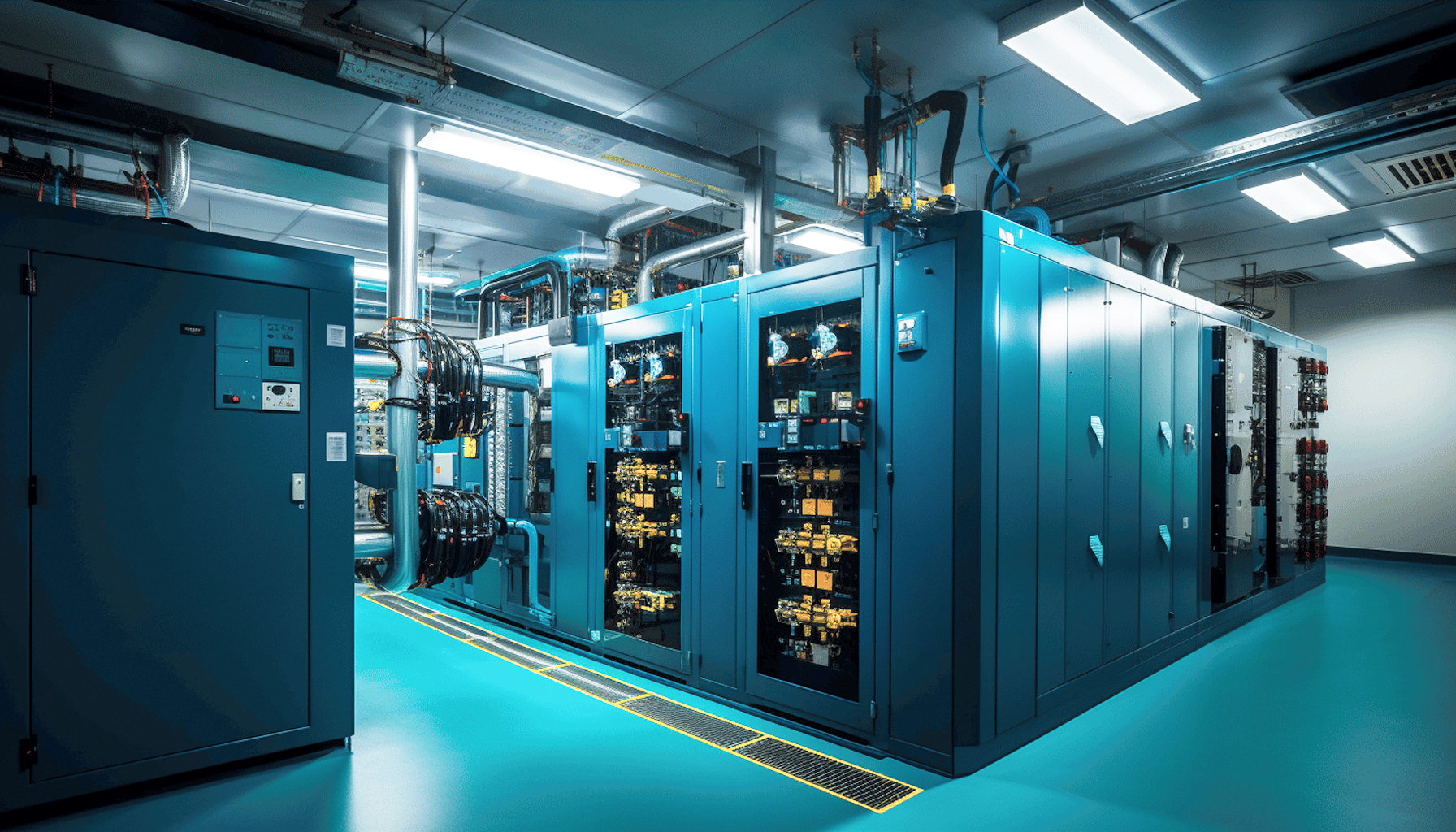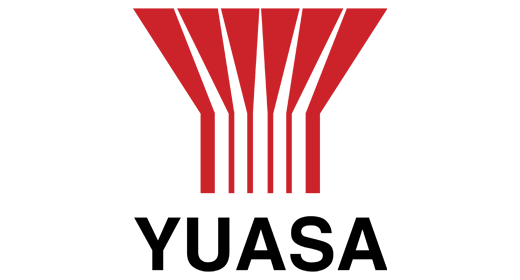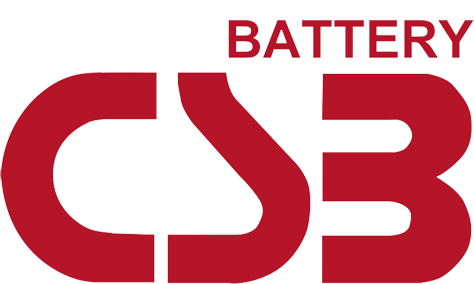Power Problems? How UK Businesses Can Stay Switched On
In today’s fast-paced and technology-driven world, the reliability of power quality has become a cornerstone of successful business operations. For us in the UK, where businesses are navigating a rapidly evolving energy landscape, ensuring consistent and high-quality power is no longer just a convenience—it’s a necessity. From small enterprises to large corporations, the impact of power quality ripples across every aspect of operations, influencing efficiency, costs, and even safety.
As we strive to meet sustainability goals and embrace renewable energy, the demand for reliable power solutions has never been greater. This is where understanding the importance of power quality and implementing effective mitigation strategies, such as Uninterruptible Power Supply (UPS) systems, becomes critical. Join us as we explore the challenges posed by power quality issues, uncover practical solutions, and highlight the transformative role of modern UPS systems in safeguarding businesses across the UK. Together, let’s delve into how we can future-proof our operations in an increasingly energy-dependent world.

Overview of Power Quality and Its Importance
When we talk about power quality, we’re referring to the consistency, reliability, and stability of the electrical power supplied to equipment and systems. It’s not just about having electricity; it’s about ensuring that the electricity meets the standards required for optimal performance. Poor power quality can manifest as voltage fluctuations, harmonic distortions, or frequency variations, all of which can have serious consequences for businesses.
Definition of Power Quality
Power quality is the measure of how well electrical power meets the needs of the devices and systems it powers. It encompasses factors such as voltage stability, frequency consistency, and the absence of disturbances like harmonics or surges. In essence, it’s about delivering clean, reliable power that enables equipment to function as intended without interruptions or damage.
Why Power Quality Matters for UK Businesses
For UK businesses, power quality isn’t just a technical concern—it’s a critical component of operational efficiency and profitability. Poor power quality directly impacts business operations, leading to declines in output, additional costs, and potential safety risks.
Here’s why it’s so important:
- Operational Efficiency: Unstable power can cause equipment to malfunction or shut down unexpectedly, disrupting workflows and reducing productivity.
- Financial Impact: Frequent downtime or equipment failure due to poor power quality can result in costly repairs and lost revenue.
- Safety and Compliance: Voltage spikes or electrical noise can pose safety hazards to employees and may lead to non-compliance with industry regulations.
Ensuring high power quality is not just about avoiding problems; it’s about creating an environment where businesses can thrive. By addressing power quality issues proactively, we can safeguard our operations, reduce unnecessary expenses, and maintain a competitive edge.
Power quality is more than a technical detail—it’s a cornerstone of sustainable and efficient business operations. Let’s prioritise it to ensure our systems run smoothly and our goals are met without interruption.
Current State of Energy in the UK
As we navigate the complexities of the UK’s energy landscape, it’s clear that we’re at a pivotal moment in history. The challenges of reducing our carbon footprint and meeting sustainability goals are immense, but so are the opportunities. Let’s take a closer look at where we stand today and the progress we’re making.
Carbon Footprint and Sustainability Goals
The UK’s business carbon footprint currently exceeds the Science Based Targets initiative (SBTi) of limiting global warming to 1.5°C. This is a stark reminder of the urgency to decarbonise our economy. While businesses play a significant role, it’s also up to us as a society to adopt greener practices and support policies that prioritise sustainability. The road ahead is challenging, but with innovation and collaboration, we can align our efforts with global climate goals.
Shift Towards Renewable Energy
On a brighter note, we’re seeing a significant shift towards renewable energy. In 2023, zero-carbon sources contributed a remarkable 51% of the UK’s electricity. From wind and solar to hydropower, these clean energy sources are transforming how we power our homes and businesses. This shift not only reduces our reliance on fossil fuels but also positions the UK as a leader in the global transition to renewable energy. However, we must continue to scale these technologies to ensure a sustainable future.
Impact of Poor Power Quality on Business Operations
In today’s fast-paced business environment, maintaining reliable operations is critical. For many of us, poor power quality can be a silent disruptor, undermining efficiency, inflating costs, and even posing safety risks. Let’s explore how substandard power quality impacts our businesses and why addressing it should be a priority.
Operational Efficiency Losses
Poor power quality often manifests as voltage fluctuations, harmonics, or power surges. These inconsistencies can lead to equipment malfunctions, unexpected downtime, and reduced productivity. Imagine the frustration of halted production lines or malfunctioning IT systems—scenarios that can erode our operational efficiency. By investing in solutions like energy management systems, we can mitigate these disruptions and ensure smoother operations.
Increased Costs
The financial implications of poor power quality are significant. From repairing damaged equipment to paying for unplanned downtime, the costs can add up quickly. Additionally, inefficient power usage often leads to higher energy bills. It’s no wonder that UK businesses are taking action to reduce energy costs. By improving power quality, we not only reduce these expenses but also enhance our bottom line.
Safety Risks
Beyond efficiency and costs, poor power quality can jeopardise workplace safety. Electrical faults or surges can damage equipment, increasing the risk of fires or electrical hazards. Ensuring a stable power supply isn’t just about protecting our assets—it’s about safeguarding our employees and maintaining a secure working environment.
Addressing power quality issues isn’t optional; it’s a necessity for sustainable and efficient business operations. By proactively managing our energy systems, we can minimise disruptions, reduce costs, and prioritise safety—key steps toward long-term success.
Mitigation Strategies for Power Quality Issues
In today’s energy-driven world, maintaining power quality is essential for ensuring operational efficiency and avoiding costly disruptions. Power quality issues, such as voltage sags, harmonics, and flickers, can significantly impact both industrial and residential systems. Thankfully, there are effective strategies we can implement to mitigate these challenges. Let’s explore two key approaches that can help us address power quality issues proactively.
Power Quality Monitoring
The first step in mitigating power quality issues is to understand what’s happening in our electrical systems. Power quality monitoring plays a pivotal role in this process. By continuously tracking and analysing electrical parameters, we can identify anomalies early and take corrective actions before they escalate into bigger problems.
For instance, advanced monitoring tools can detect voltage fluctuations, harmonic distortions, or transient spikes in real-time. This data not only helps us pinpoint the root cause of issues but also provides actionable insights for optimising system performance. As we’ve learnt from industry experience, early detection through power quality monitoring can prevent significant economic losses and maintain the reliability of our operations.
Energy Management Systems
Another powerful tool in our arsenal is the implementation of Energy Management Systems (EMS). These systems go beyond monitoring; they actively manage and optimise energy consumption to ensure consistent power quality. An EMS can balance loads, reduce peak demand, and even integrate renewable energy sources seamlessly into the grid.
By leveraging smart algorithms and automation, we can minimise the risk of power quality issues like harmonic distortions or voltage imbalances. Additionally, an EMS provides us with a holistic view of our energy usage, enabling us to make informed decisions that enhance efficiency and sustainability.
By combining power quality monitoring with a robust energy management system, we can create a resilient electrical infrastructure that meets modern demands. Together, these strategies empower us to address power quality issues effectively, ensuring smoother operations and long-term cost savings.
The Role of Uninterruptible Power Supply (UPS) Systems
In today’s technology-driven world, maintaining a consistent power supply is critical for both businesses and public services. Uninterruptible Power Supply (UPS) systems play a pivotal role in ensuring that operations continue seamlessly, even during power outages or fluctuations. We rely on these systems to bridge the gap between power failure and backup power sources, safeguarding our workflows and protecting our sensitive equipment.
Ensuring Continuous Power Supply
A UPS system acts as a safety net, providing immediate power backup when the main supply fails. This is especially crucial for public services in the UK, where even a momentary power disruption can have far-reaching consequences. By delivering uninterrupted power, UPS systems ensure that critical operations, such as healthcare facilities, emergency services, and public infrastructure, remain functional. This reliability helps us maintain trust and efficiency in our day-to-day activities.
Protecting Sensitive Equipment
Sensitive equipment, such as servers, medical devices, and telecommunications systems, is vulnerable to power surges, sags, and outages. UPS systems not only provide backup power but also stabilise incoming voltage, protecting our equipment from potential damage. This proactive measure not only extends the lifespan of our devices but also minimises repair and replacement costs. For us, investing in a UPS system is a cost-effective way to safeguard our most valuable assets.
Reducing Downtime and Data Loss
Business continuity is a top priority for us, and downtime can be both disruptive and costly. UPS systems significantly reduce the risk of unexpected shutdowns, allowing us to save unsaved work, shut down systems properly, or switch to backup generators without interruption. This is particularly important for data centres and IT departments, where data loss can have severe consequences. By integrating UPS systems into our infrastructure, we ensure that our operations remain resilient, even in the face of power challenges.
In essence, UPS systems are more than just a backup power solution; they are a cornerstone of our operational stability. Whether it’s protecting sensitive equipment or ensuring the continuity of public services, these systems empower us to navigate power-related challenges with confidence.
Advantages of Modern UPS Systems
When it comes to ensuring uninterrupted power supply, modern UPS systems have revolutionised the way we approach reliability, efficiency, and performance. In this section, we’ll explore some of the key advantages that set these systems apart, including modular UPS systems, energy efficiency, and double-conversion technology. Let’s dive in.
Modular UPS Systems
One of the standout features of modern UPS systems is their modular design. Unlike traditional setups, modular UPS systems offer unparalleled flexibility and scalability. This means we can easily expand capacity as our power needs grow, without overhauling the entire system. Additionally, modular systems are designed with redundancy in mind, ensuring increased reliability. If one module fails, the others continue to operate seamlessly, minimising downtime. Another benefit? Their compact design reduces the physical footprint, making them ideal for space-conscious environments like data centres or offices.
Energy Efficiency
In today’s world, energy efficiency isn’t just a buzzword—it’s a necessity. Modern UPS systems are engineered to minimise energy consumption, which directly translates to lower operating costs. These systems use advanced technologies to optimise performance, such as Eco Mode, which reduces energy waste during periods of stable power supply. Beyond cost savings, energy-efficient UPS systems also contribute to sustainability efforts by reducing carbon footprints. For businesses looking to meet green initiatives, this is a game-changer.
Double-Conversion Technology
For those who demand the highest level of power quality, double-conversion UPS systems are the gold standard. This technology ensures that incoming AC power is converted to DC and then back to AC, providing a clean and consistent output regardless of input fluctuations. This process eliminates issues like voltage spikes, sags, and frequency variations, offering unparalleled protection for sensitive equipment. While traditionally associated with higher energy consumption, modern double-conversion UPS units are now designed to operate at high efficiency levels, making them a smart choice for critical applications.
By leveraging the benefits of modular designs, energy efficiency, and double-conversion technology, modern UPS systems empower us to achieve uninterrupted power supply while optimising costs and sustainability. Whether you’re managing a small business or a large-scale data centre, these advancements provide the reliability and performance you need to stay ahead.
Future Trends in Power Quality and UPS Systems
As we look ahead, the landscape of power quality and Uninterruptible Power Supply (UPS) systems is poised for significant transformation. Driven by technological advancements, evolving energy needs, and the global push toward sustainability, this sector is set to redefine how we manage and consume electricity. Let’s explore some of the key trends shaping this future.
Integration with Renewable Energy
One of the most exciting developments in this space is the seamless integration of UPS systems with renewable energy sources. As the world shifts toward cleaner energy, the need for solutions that can handle the intermittent nature of renewables, like solar and wind, becomes paramount. UPS systems are evolving to not only provide backup power but also to stabilise and enhance the quality of energy derived from these sources. This integration is a cornerstone of our transition to a more sustainable energy future.
Global Electricity Demand
The global appetite for electricity shows no signs of slowing down. In fact, global electricity demand is projected to increase by 40% from 2020 to 2030, driven by population growth, urbanisation, and the electrification of industries. This surge necessitates advancements in power quality management to ensure grid stability and efficiency. UPS systems, in particular, will be pivotal in mitigating disruptions and safeguarding critical operations across sectors.
As we navigate these trends, it’s clear that innovation and adaptability will be key. From market expansion to sustainability initiatives, the future of power quality and UPS systems is both promising and transformative.
Conclusion
Power quality isn’t just a behind-the-scenes technical issue—it’s a front-line factor that affects everything from your bottom line to business continuity. As we've explored, poor power quality can bring operations to a grinding halt, inflate costs, damage equipment, and even pose safety risks. But the good news? With the right strategies, technologies, and mindset, UK businesses can not only mitigate these risks but also turn power resilience into a competitive advantage.
From advanced monitoring tools to smart energy management systems and the deployment of modern, modular UPS solutions, the tools are out there—and they’re evolving fast. As the UK accelerates towards renewable energy and a low-carbon future, now’s the time to ensure your business is built on a solid electrical foundation.
At Secure Power, we don’t just talk about resilience—we deliver it.
Whether you're a small business trying to protect your IT setup or a large organisation with mission-critical infrastructure, our UPS systems and power quality solutions are designed to keep you switched on, no matter what.
Looking to upgrade your outdated UPS system? We’ve got the latest modular and energy-efficient models ready to future-proof your operations.
Need expert advice on power quality monitoring or energy management? Our team is here to help you build a tailored strategy.
Want 24/7 peace of mind? We offer full-service support, from system design and installation to ongoing maintenance and emergency response.
Don’t wait for the next outage to take action. Partner with Secure Power today and get the reliability, performance, and protection your business deserves. Because with Secure Power, staying switched on is never in doubt.
Frequently Asked Questions
- What is power quality, and why is it important for UK businesses?
Power quality refers to the stability, reliability, and consistency of electrical power supplied to businesses. It is crucial for UK businesses, as poor power quality can lead to equipment malfunctions, downtime, increased operational costs, and reduced productivity.
- How does poor power quality impact business operations?
Poor power quality can cause disruptions such as voltage fluctuations, harmonics, and power surges, which can damage sensitive equipment, lead to data loss, increase maintenance costs, and result in significant downtime, ultimately affecting business profitability.
- What are the main risks associated with power quality issues?
The main risks include equipment damage, unexpected downtime, increased energy costs, reduced efficiency, data loss, and potential safety hazards for employees and customers.
- How can businesses mitigate power quality risks?
Businesses can mitigate power quality risks by investing in Uninterruptible Power Supply (UPS) systems, using voltage regulators, installing surge protectors, conducting regular power audits, and ensuring proper maintenance of electrical systems.
- What are the advantages of Uninterruptible Power Supply (UPS) systems?
UPS systems provide a reliable backup power source during outages, protect against voltage fluctuations, prevent data loss, ensure continuous operation of critical equipment, and improve overall power quality for businesses.














